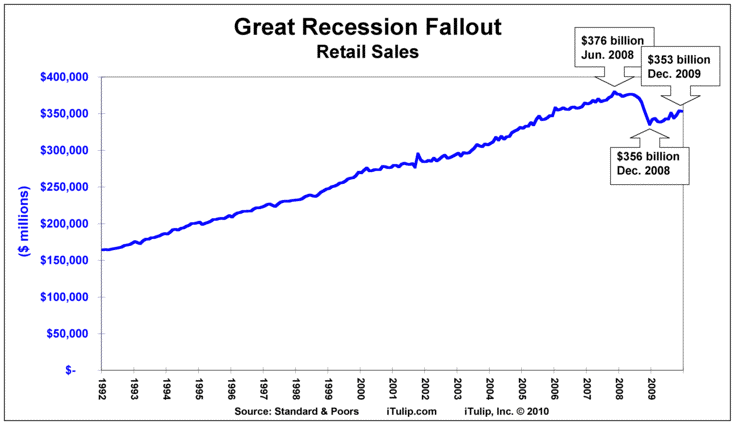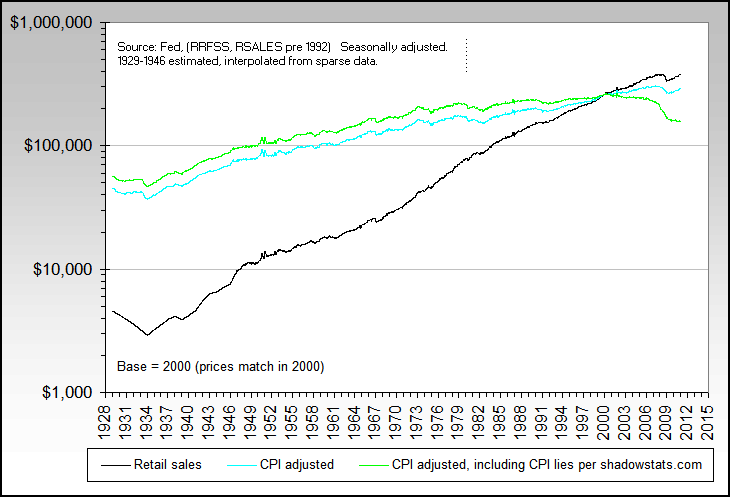Re: The Fog of Economic Crisis - Part I: Will the real Real Economy please stand up - Eric Janszen
I would think that if it were a significant portion, it would have stayed relatively constant over time, instead of having increased exponentially.
btw if thrifty is boring, I think we're finding out as a nation that we and our children/grandchildren can't afford 'excitement' :rolleyes:
Originally posted by thriftyandboringinohio
View Post
btw if thrifty is boring, I think we're finding out as a nation that we and our children/grandchildren can't afford 'excitement' :rolleyes:






Comment